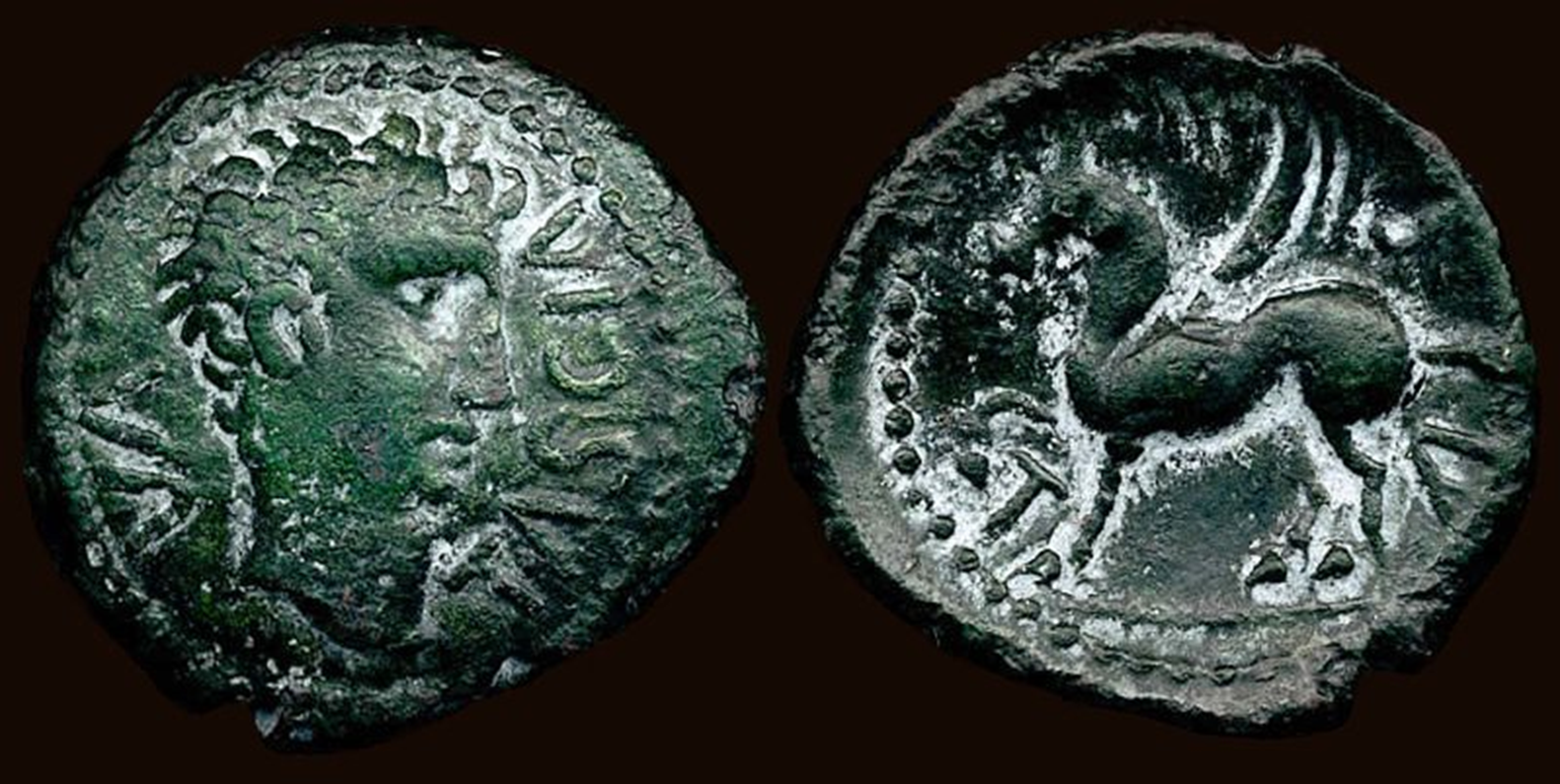 courtesy of Wikimedia commons.
courtesy of Wikimedia commons.
The ancient Celts, a diverse group of Indo-European peoples, played a significant role in shaping the early history
and culture of what is now modern-day France. While the Celts did not have a unified nation or centralized
governance, their presence in various regions left a lasting impact on the cultural landscape of the territory.
Ancient Celts influenced French culture in many ways, below are a litany of examples:
Geographical Influence: The Celts inhabited a wide expanse of Europe, including parts of what is now
France. Their settlements stretched from present-day Brittany in the northwest to the Auvergne region in central
France and down to the Mediterranean coast.
Language and Names: The influence of Celtic languages can still be seen in some place names in France,
particularly in areas with a historical Celtic presence. For example, the name "Brittany" itself derives from the
Celtic tribe known as the Britons.
Art and Craftsmanship: The Celts were known for their intricate metalwork, including jewelry, weapons,
and other decorative items. Some surviving artifacts showcase their distinctive artistic style, which often featured
intricate patterns and knotwork.
Religious Practices: Celtic religious beliefs and practices influenced the spiritual landscape of the
region. Many pre-Christian religious sites, such as menhirs (standing stones) and dolmens (burial chambers), can
still be found in France.
Cultural Exchange: The Celts were in contact with neighboring peoples, including the Greeks and
Romans. This interaction contributed to the exchange of ideas, art, and cultural practices.
Roman Conquest: The Roman Republic and later the Roman Empire had a significant impact on the Celtic
peoples in what is now France. The Roman conquest brought about a process of Romanization, leading to the adoption
of Latin language, customs, and governance systems.
Gallic Wars: Julius Caesar's conquest of Gaul (58-50 BCE) marked a pivotal event in the region's
history. The Gallic Wars led to the Roman incorporation of the area into the Roman Empire and the eventual
assimilation of Celtic peoples into Roman culture.
Legacy and Mythology: While direct Celtic influence on French culture diminished with Romanization,
some elements of Celtic mythology and folklore persisted and were incorporated into later European cultural
traditions.
Festivals and Celebrations: Some ancient Celtic festivals, such as Samhain (which evolved into
Halloween), had a lasting impact on the cultural calendar of France and other regions.
Modern Identity: In regions like Brittany, Celtic heritage is still celebrated and embraced. The
Breton language, a Celtic language closely related to Welsh and Cornish, is still spoken by some.
The exact extent of Celtic influence on French culture can vary regionally due to the interactions with other
groups, especially the Romans. While the direct impact of the ancient Celts might not be as prominent as in some
other parts of Europe, their presence and interactions undoubtedly contributed to the cultural tapestry that makes
up modern France.